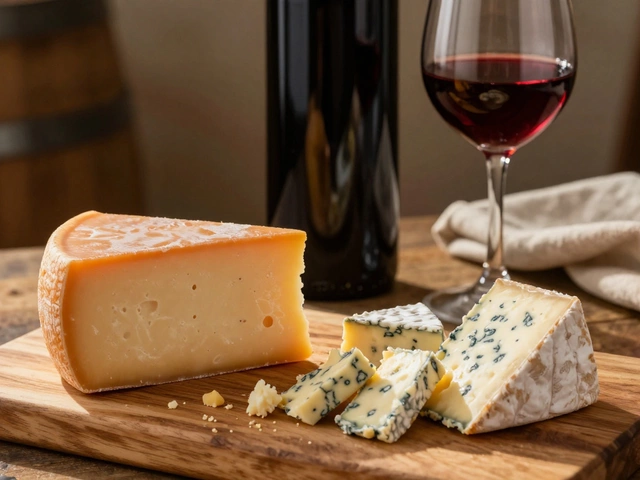Vodka Nutrition: Quick Facts for Smart Sipping
If you reach for a vodka cocktail, you probably wonder how it fits into your diet. The good news? Plain vodka is almost a blank canvas – it’s low in carbs and protein, and its calories come mainly from alcohol. Below we break down the numbers, talk about what the research says, and share a few practical tips to keep your drinks enjoyable without derailing your health goals.
Calories and Macronutrients in Vodka
One shot (1 oz or 30 ml) of 40% ABV vodka packs about 64 calories. That’s roughly the same as a small glass of wine but without any sugar or carbs. The math is simple: alcohol provides 7 calories per gram, and a 30 ml shot contains around 9 g of pure alcohol. Because vodka is distilled to remove most impurities, you won’t find protein, fat, or carbs in a straight pour.
If you mix vodka with juice, soda, or sugary mixers, the calorie count jumps fast. A classic vodka‑cranberry can reach 150–200 calories per glass, mostly from the added sugar. To keep things light, swap sugary mixers for soda water, fresh lime, or a splash of low‑calorie tonic.
When it comes to carbs, pure vodka is essentially carb‑free. That makes it a popular choice for low‑carb diets like keto. Just remember the carbs hide in the mixers, not the spirit itself.
Health Considerations and Tips
Moderation is the key word. The UK’s NHS advises no more than 14 units of alcohol per week for both men and women – that’s about six shots of vodka. Going over that can raise blood pressure, affect liver health, and add extra calories you might not expect.
Because vodka is high in alcohol, it can dehydrate you. Drinking a glass of water between each cocktail helps keep you feeling fresh and may reduce the dreaded hangover the next day.
If you’re watching your weight, choose a vodka brand that’s labeled “no added sugars” and stick to neat pours or low‑calorie mixers. Some producers even market “low‑calorie” vodkas that slightly reduce the alcohol percentage, cutting a few calories per shot.
For those with gluten sensitivities, look for vodkas made from potatoes, corn, or grapes. These are naturally gluten‑free, while most grain‑based vodkas have been filtered enough to be safe for most people, but it depends on personal tolerance.
Lastly, remember that the health impact of vodka isn’t just about calories. Alcohol can affect sleep, mood, and metabolism. Pair your drink with a balanced meal – protein and healthy fats slow alcohol absorption and keep blood sugar steadier.
Bottom line: Straight vodka is low in calories, carbs, and protein, making it a simple choice for low‑carb drinkers. The real nutritional load comes from what you mix with it, how much you drink, and how often. Keep mixers light, stay hydrated, and enjoy responsibly for the best balance between taste and health.
Discover the healthiest vodka brands with real facts! Get tips, compare nutrition, and learn what really makes a vodka good for your health and cocktails.
View Details

